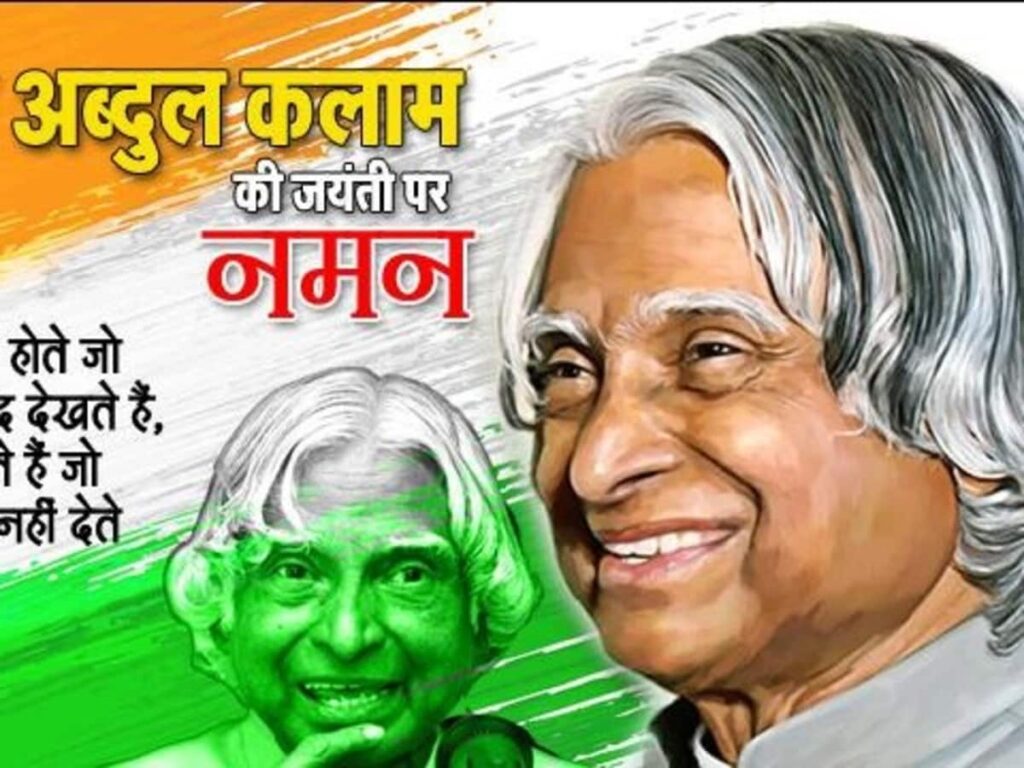Dr. A.P.J. Abdul Kalam, known as the “Missile Man of India,” was a prominent scientist and the 11th President of India. His vision and unwavering dedication to the country’s scientific progress and education have left an indelible mark on the nation. As we celebrate his birth anniversary on October 15, let’s explore some fascinating facts about this iconic figure whose ideals continue to inspire generations.
Early Life and Education
Born on October 15, 1931, in Rameswaram, Tamil Nadu, A.P.J. Abdul Kalam came from a humble background. His father, a boat owner, and his mother, a homemaker, instilled in him the values of hard work and perseverance.
Academic Achievements
- Kalam graduated in Physics from St. Joseph’s College, Tiruchirappalli.
- He later obtained a degree in Aerospace Engineering from the Madras Institute of Technology.
Contributions to India’s Space and Missile Programs
Dr. Kalam played a pivotal role in India’s space and missile programs. His efforts in the development of the Agni and Prithvi missiles positioned India as a formidable power in aerospace technology.
| Missile | Type | Range (km) | Year of Induction |
|---|---|---|---|
| Agni I | Ballistic | 700 | 1989 |
| Prithvi | Ballistic | 150 | 1994 |
| Agni II | Ballistic | 2000 | 1999 |
Presidency and Vision for the Youth
Dr. Kalam served as the President of India from 2002 to 2007. His presidency is remembered for his emphasis on youth involvement in nation-building. He formulated the vision of India 2020, aimed at transforming India into a developed nation.
Inspiring the Next Generation
Not only a scientist and politician, but he was also an author and educator. Dr. Kalam’s books, such as “Wings of Fire,” inspired millions of young minds to pursue their dreams with determination and resilience.
Legacy and Remembrance
Even after his passing on July 27, 2015, Dr. Kalam’s legacy lives on. His birthday has been declared World Students’ Day by the United Nations, highlighting his commitment to education and youth empowerment.
Honors and Awards
- Bharat Ratna (1997)
- Indira Gandhi Award for National Integration (1997)
- NASA Distinguished Visiting Scholar (2009)
Conclusion
Dr. A.P.J. Abdul Kalam remains a beacon of inspiration for many. His life exemplifies the idea that determination, vision, and hard work can lead to great achievements. As we commemorate his birth anniversary, let us strive to uphold his values and contribute to the development of our nation, particularly in empowering the youth to dream big and take action.
